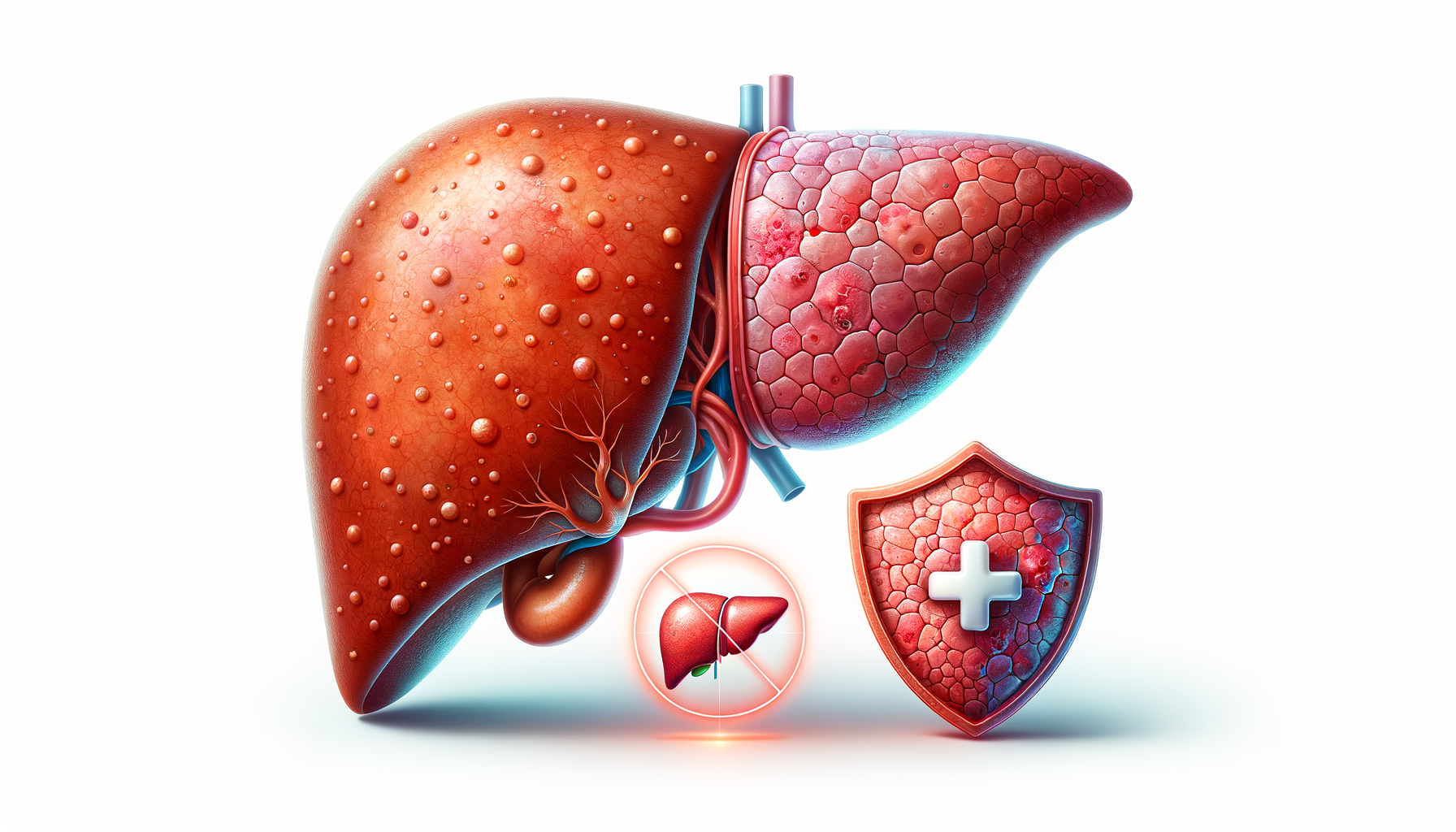
Abdominal Pain and Liver Health: When to Seek Emergency Medical Help
Understanding the Role of the Liver
The liver is a vital organ that performs numerous functions essential for maintaining overall health. It processes nutrients absorbed from the digestive tract, detoxifies chemicals, metabolizes drugs, and produces important proteins for blood clotting. Given its crucial role, any disruption in liver function can have significant implications for one’s health. Liver health is often overlooked until symptoms become severe, making it critical to understand the signs that may indicate liver distress.
Abdominal pain can be one of the initial indicators of liver problems. While not all abdominal pain is related to liver issues, it is important to recognize the specific characteristics of pain that may point to liver concerns. Pain associated with liver problems is often felt in the upper right quadrant of the abdomen, just below the ribs. This discomfort can range from a dull ache to a sharp, stabbing sensation. It may be accompanied by other symptoms such as jaundice, fatigue, and nausea.
Being aware of these signs can help individuals seek timely medical attention, potentially preventing more serious complications. Regular check-ups and liver function tests can also aid in early detection of liver issues. Maintaining liver health is essential, as the liver’s ability to regenerate and repair itself decreases with age and prolonged exposure to harmful substances.
Common Causes of Liver-Related Abdominal Pain
Several conditions can lead to liver-related abdominal pain. One of the most common is hepatitis, an inflammation of the liver often caused by viral infections. Hepatitis can lead to liver swelling and pain, and if left untreated, may progress to more severe liver damage. Fatty liver disease is another prevalent condition, characterized by the accumulation of fat in liver cells. This can cause discomfort and may eventually lead to liver inflammation and scarring.
Another cause of liver-related pain is cirrhosis, a condition where healthy liver tissue is replaced with scar tissue, impairing liver function. Cirrhosis can result from chronic alcohol abuse, hepatitis, or other liver diseases. As the liver becomes increasingly scarred, it struggles to perform its functions, leading to symptoms such as abdominal pain, swelling, and jaundice.
Gallstones, although primarily affecting the gallbladder, can also impact the liver. When gallstones block the bile ducts, they can cause bile to build up in the liver, leading to pain and potential liver damage. Recognizing these conditions and their symptoms is crucial for seeking appropriate medical intervention and preventing further liver damage.
When to Seek Emergency Medical Help
While some liver conditions may develop gradually, sudden or severe abdominal pain can signal an urgent medical issue. It is important to seek emergency medical help if the pain is intense, persistent, or accompanied by other concerning symptoms. These may include sudden jaundice, confusion or altered mental state, severe nausea or vomiting, and rapid heart rate.
In some cases, liver-related pain may indicate acute liver failure, a life-threatening condition that requires immediate medical attention. Acute liver failure can result from drug overdose, viral infections, or other factors that cause rapid deterioration of liver function. Early intervention is critical to managing the condition and preventing further complications.
Consulting a liver specialist or healthcare provider when experiencing unexplained abdominal pain can help determine the underlying cause and appropriate treatment. Regular monitoring and lifestyle changes, such as maintaining a healthy diet and avoiding excessive alcohol consumption, can also support liver health and prevent future issues.